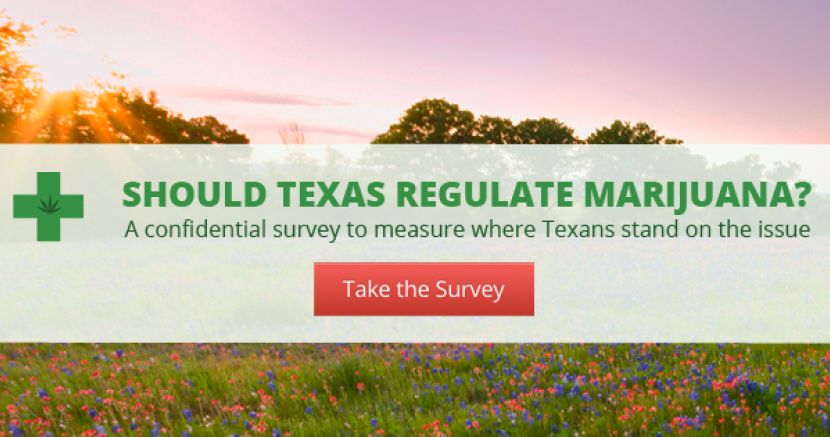The ACLU agrees with Rick Perry, and Congress may actually pass a bill. Is there anyone marijuana can't bring together?
Budding momentum for marijuana regulation continued in recent weeks, as the U.S. House agreed to legislation that would block the Drug Enforcement Administration (DEA) from going after medical marijuana operators that are working in legal states. New York will soon become the 23rd state to allow some form of regulated medical marijuana. The Senate is expected to act on the measure soon; you can check out the roll call vote to see how your member of Congress voted.
Meanwhile, at the state level, the ACLU of Texas penned an excellent editorial for the Austin American-Statesman laying out the arguments for decriminalization, pointing out that it's an issue even Rick Perry knows is best for Texas.
In the op-ed, "Uniting over goal to decriminalize marijuana," ACLU of Texas Executive Director Terri Burke explains how our current laws aren't working:
In fact, the steady increase in the harsh treatment of drug users started two decades ago. Between 1995 and 2010, the number of marijuana arrests in this country increased by 51 percent. A study of arrest records shows that between 2001 and 2010, there were more than 8 million marijuana arrests in the U.S. — the overwhelming majority of which were for simple possession. That’s one bust every 37 seconds.
The staggering increase in arrests is devastating communities of color. A recent national study by the ACLU shows that although blacks and whites use marijuana at roughly equal rates, black people are on average 3.73 times as likely to be arrested for marijuana possession. In some parts of Texas, black people are more than 30 times more likely to be targeted by law enforcement. And too many young black men, once embroiled in the criminal justice system, never escape it.
We must stop wasting scarce public dollars on this failed war. In one year, 2010, our nation spent more than $3.6 billion enforcing marijuana laws. Any good police chief can outline for you how much more effectively he could spend that kind of money: keeping communities safe, investigating serious and often unsolved crimes, and reinvesting in public health programs, including drug treatment.
Burke's full op-ed on marijuana decriminalization here.
Read our Marijuana Regulation 101 posts about decriminalization and medicinal marijuana, and share your thoughts on marijuana regulation in Texas.
DONATE
Your donation supports our media and helps us keep it free of ads and paywalls.









